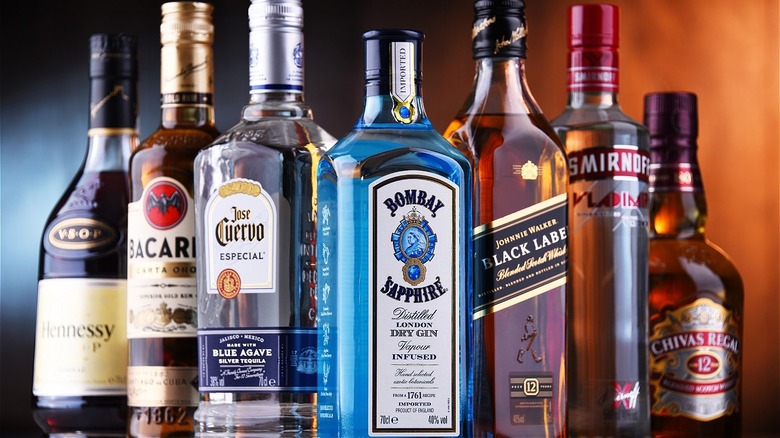
Alcohol is a common part of socialising and relaxation, but it’s also a leading contributor to liver damage. The liver is the body’s detox powerhouse, processing alcohol and breaking it down into substances that the body can eliminate. However, excessive alcohol consumption overwhelms this process, leading to a range of liver issues, from fatty liver to cirrhosis.
While the amount of alcohol consumed is the primary factor affecting liver health, the type of drink and its composition can also play a role. This article explores which alcoholic drinks pose the greatest risk to your liver and why.
How Alcohol Affects the Liver
When you drink alcohol, the liver works to metabolise it. The liver enzyme alcohol dehydrogenase converts alcohol into acetaldehyde, a toxic substance that can damage liver cells and cause inflammation. Over time, excessive alcohol consumption leads to:
- Fatty Liver Disease: Fat builds up in liver cells, impairing function.
- Alcoholic Hepatitis: Inflammation of the liver, which can cause pain and long-term damage.
- Cirrhosis: Permanent scarring that can lead to liver failure.
While all forms of alcohol contain ethanol, the concentration, additives, and volume consumed can make certain drinks more harmful.
Evaluating Different Alcoholic Drinks
- Spirits (Vodka, Whiskey, Rum, Gin)
- Alcohol Content: Spirits have a high alcohol-by-volume (ABV) content, typically around 40%, meaning even small servings contain a significant amount of ethanol.
- Consumption Risks: Because spirits are concentrated, they can be more damaging if consumed quickly or in large amounts, such as during binge drinking sessions.
- Impact on the Liver: High doses of alcohol consumed rapidly can overwhelm the liver’s processing capacity, leading to acetaldehyde accumulation and oxidative stress.
- Beer
- Alcohol Content: Beer has a lower ABV (4–6%) compared to spirits, but it’s often consumed in larger quantities.
- Consumption Risks: The lower alcohol concentration can lead people to drink more overall, increasing total ethanol intake. Additionally, beer is calorie-dense, contributing to fatty liver disease.
- Impact on the Liver: Regular beer consumption is a leading cause of alcohol-related fatty liver disease due to the combined effects of ethanol and excess calories.
- Wine
- Alcohol Content: Wine typically has an ABV of 12–14%, placing it between beer and spirits in terms of alcohol concentration.
- Consumption Risks: Wine is often associated with moderation, but overconsumption still poses significant risks to the liver.
- Impact on the Liver: While moderate wine consumption has been linked to some heart health benefits, excessive intake leads to liver damage just like other forms of alcohol.
- Cocktails and Mixed Drinks
- Alcohol Content: Cocktails vary widely in alcohol content depending on the ingredients used, often combining spirits with sugary mixers.
- Consumption Risks: The added sugars and syrups in cocktails increase calorie intake, contributing to fatty liver. Cocktails also mask the taste of alcohol, making it easier to overconsume without realising.
- Impact on the Liver: The combination of high alcohol content and added sugars makes cocktails particularly harmful, exacerbating liver inflammation and fat accumulation.
The Most Dangerous Drink for Liver Health
While spirits, beer, wine, and cocktails all pose risks to the liver, cocktails and mixed drinks may be the most dangerous due to their combination of:
- High alcohol content (from spirits as a base).
- Sugary additivesthat promote fatty liver.
- The tendency to consume them in large quantities during social events.
However, the real danger lies in the total amount of alcohol consumed and how frequently it is consumed, regardless of the type of drink.
Content by : Emily Johnson




